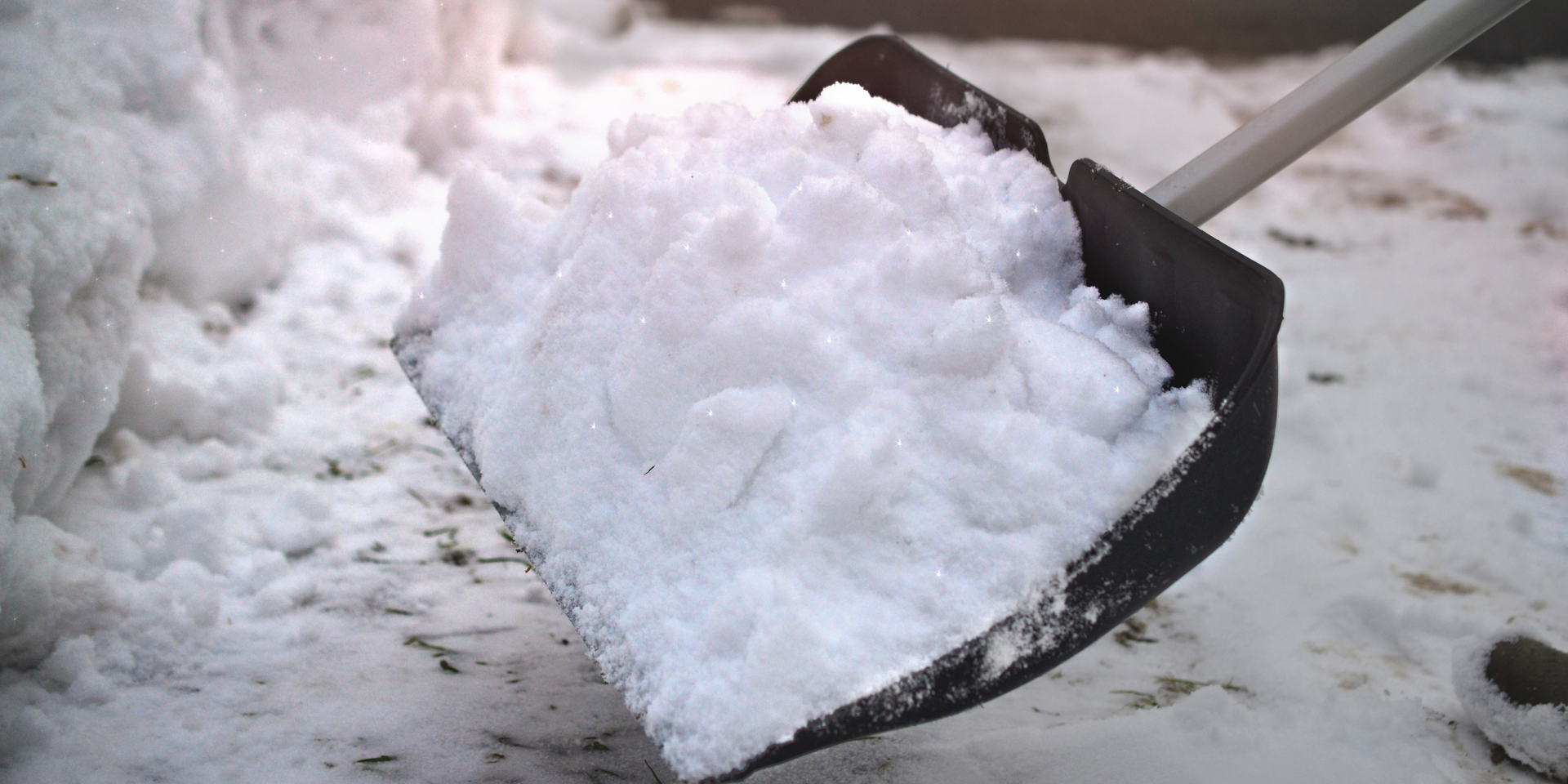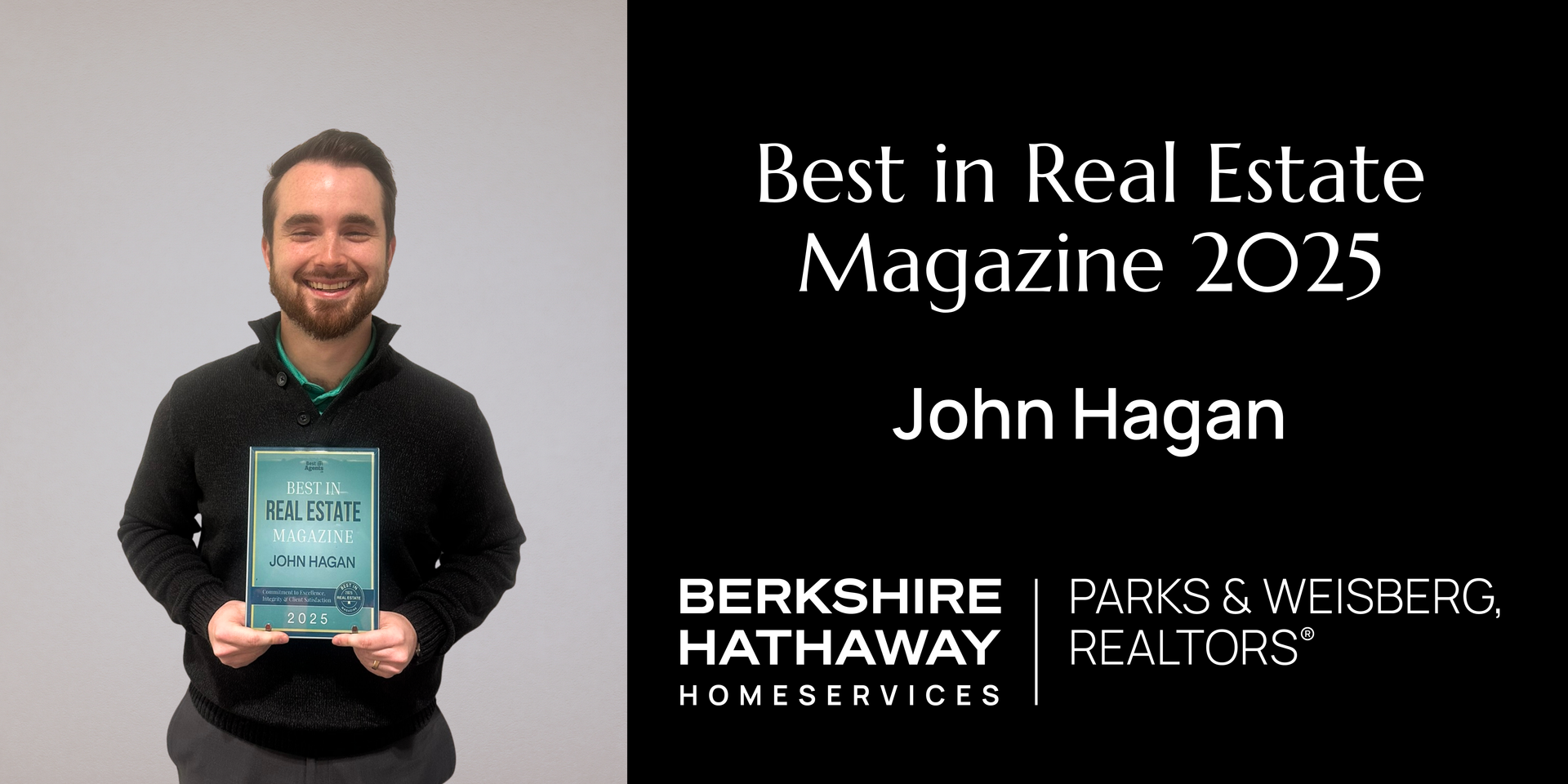Dealing with Winter Weather in Louisville
What Renters Should Know About Ice and Snow Safety

Winter in Louisville, Kentucky, can bring a range of challenges for renters. From icy sidewalks to frozen pipes, snowstorms to slippery conditions, renters must be prepared for the potential hazards that come with the season. Understanding how to stay safe and how to handle winter weather issues in your rental property will ensure that you're ready to tackle whatever the cold season brings. Here’s what renters in Louisville should know about ice and snow safety.
1. Protecting Your Property from Frozen Pipes
Frozen pipes are a serious concern for anyone living in a rental property during the winter months. If the temperature drops below freezing, the water inside pipes can freeze and cause them to burst, leading to expensive water damage.
What you can do:
- Keep cabinets open: If you have pipes running through cabinets (such as under your kitchen sink), leave the cabinet doors open to allow warm air to circulate around the pipes.
- Let faucets drip: Letting water drip from your faucets during extremely cold temperatures can prevent pipes from freezing by keeping the water moving.
- Insulate exposed pipes: If you have access to exposed pipes in places like basements or crawl spaces, insulate them to help keep them from freezing. Check with your landlord if you’re not sure how to do this.
If you notice a frozen pipe, call your landlord immediately. Do not attempt to thaw it yourself, as this could cause the pipe to burst.
2. Keeping Walkways and Stairs Safe
Ice and snow accumulation around your rental property can make for treacherous walking conditions. In Louisville, it’s common for temperatures to fluctuate, causing melting snow to refreeze overnight. This can create dangerous ice patches on sidewalks, driveways, and stairs.
What you can do:
- Report unsafe conditions to your landlord: Make sure your landlord is aware of any icy areas around the property that could pose a risk to your safety. In many cases, it is their responsibility to maintain the walkways and parking areas.
- Use salt or sand: If it’s your responsibility to clear walkways, use salt or sand to melt ice and provide traction. Check your lease to understand what your landlord expects of you during snowy weather.
- Wear appropriate footwear: On days when ice is expected, wear shoes or boots with non-slip soles to prevent slipping on ice or snow.
3. Preventing Carbon Monoxide Poisoning
During the winter, many renters rely on space heaters, fireplaces, or even stoves to keep warm. While these heating methods can be effective, they also increase the risk of carbon monoxide buildup—especially if vents are blocked or heaters are used improperly.
What you can do:
- Ensure proper ventilation: If you use a space heater or fireplace, ensure it is properly ventilated. Never use a grill or gas stove inside, as these can produce harmful carbon monoxide.
- Check smoke and carbon monoxide detectors: Test smoke and carbon monoxide detectors regularly to ensure they are working. This simple step can save lives in an emergency.
- Use space heaters safely: Keep space heaters away from flammable materials and never leave them on overnight while you sleep. Always follow the manufacturer's safety guidelines.
4. What to Do if You Lose Power
Winter storms in Louisville can result in power outages, and when temperatures drop, this can lead to dangerous situations. Without heat, your apartment could quickly become too cold, leading to frozen pipes or hypothermia risks.
What you can do:
- Have emergency supplies on hand: Keep a supply of blankets, flashlights, bottled water, and non-perishable food items in case of a power outage. You should also have extra batteries for your devices.
- Contact your landlord: If the power goes out and it’s affecting your ability to stay warm, contact your landlord immediately. They may be able to provide assistance or update you on when power is expected to return.
- Know where to go for warmth: If your apartment becomes too cold, find a warm place to go. Many community centers or local businesses may offer shelter during power outages.
5. Preparing for Snowstorms
Snowstorms in Louisville, although not frequent, can still cause significant disruption. Heavy snow can quickly accumulate, making travel difficult and increasing the risk of accidents on icy roads.
What you can do:
- Prepare your vehicle: If you drive, make sure your car is ready for winter conditions. Keep your gas tank full, ensure your tires are in good condition, and always carry an emergency kit in your vehicle, including blankets, a flashlight, and non-perishable snacks.
- Stay informed: Check the weather regularly during the winter months, especially when a snowstorm is predicted. Make sure you're aware of any warnings or advisories issued by local authorities.
- Stay indoors during severe weather: If snow or ice is expected to accumulate quickly, it’s safest to stay indoors. Avoid unnecessary travel until conditions improve and use this time to enjoy some cozy indoor activities.
6. Dealing with Ice Dams on Roofs
If your rental is a house or a top-floor unit in a multi-story building, you might notice ice dams forming on the roof. Ice dams occur when snow on the roof melts, but refreezes near the edge of the roof, causing a buildup of ice. This can lead to leaks or water damage inside the home.
What you can do:
- Notify your landlord: Ice dams are a common winter issue that requires a professional’s attention. Contact your landlord immediately if you notice ice buildup around the roof, particularly if it’s causing water to leak inside.
- Prevent snow buildup on the roof: If you're in a house, clearing snow off your roof can help prevent ice dams. However, this is a task best left to professionals to avoid injuries or damage.
Winter Safety Starts with Awareness
Winter weather in Louisville can bring beauty and excitement, but it also brings its share of challenges for renters. By taking precautions and staying aware of the potential risks, you can help ensure that your winter is safe and comfortable. Always communicate with your landlord if you notice any issues related to snow or ice, and take proactive steps to protect yourself, your property, and your neighbors during the winter months.







